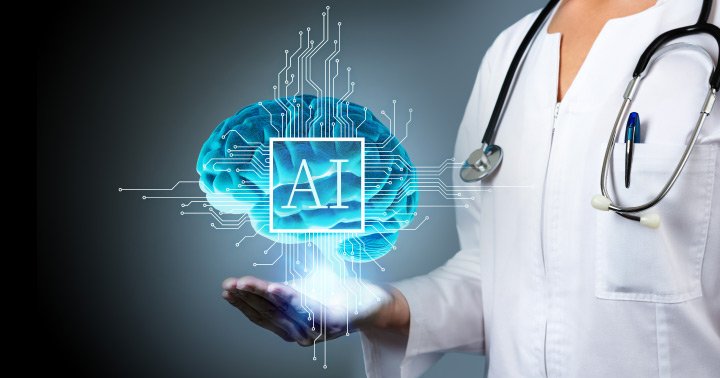
With the most recent advancements in AI technology, the horizon of new possible applications for this technology have broadened more and more. One of the most applicable industries is the medical field. New AI technology is allowing for a more personalized and efficient medical process.
For instance, imagine someone goes to the doctor with pain in the abdomen. The doctor must then run a series of tests in order to diagnose the cause of the pain. This may be a long process and may even lead to a misdiagnosis. Finally, once the doctor comes to a diagnosis they may tell the patient they have a disease. This process is painstakingly long and frightening — however, with the latest advancements in AI technology a doctor is able to quickly match their patients’ case with a series of similar cases in which a separate patient was suffering from the same type of disease with an identical or similar medical background; creating a truly personalized prognosis of health. As written in the Harvard Gazette, it is through these advancements that “it appears possible for the days of misdiagnosis and treating disease symptoms rather than their root cause to move behind us.”
Not only does AI make the healthcare system more efficient, but it also decreases the expense of the process. AI has the potential to, “fill the gaping holes in access to quality care in the world’s poorest places.” according to another Harvard Gazette article. This is an incredible result of AI adoption within existing industries. We can further see how beneficial AI can be, and with the medical industry it’s clear how it is advancing mankind’s potential and wellbeing of life.
Although there is overwhelming support for the advancement; no one that supports it can ignore its potential risks. One former director of Harvard’s Global Health Institute, Ashish Jha, stated in one article that “the costs of doing it wrong are every bit as important as its potential benefits” and poses the question, “Will we be better off?” For example, software exposed to biased data may lead to certain blind spots in the algorithm. Biased data creates a chance of error that may lead to potential dangerous treatments for those who were misdiagnosed. Another risk of AI has nothing to do with the tech specifically, but rather the unpredictability of humans. The interaction with unfamiliar information may leave the tech useless. People also may want to exploit the AI industry for their own financial gain. All of these factors should reside in our minds as we adopt more and more artificial intelligence applications with the everyday industries that run our country.
Overall, AI truly is a beneficial thing for the progressive improvement of people’s lives, making long and arduous processes more efficient and less cost intensive. Yet despite all the benefits, there lays the risks behind the error that could result from biased data. All of this should be kept in mind when further developing the technology. It is clear to see that through these articles, lots more research has to be done in order to see more potential benefits and risks that the technology has to offer, and because of how new these programs are, more time will be needed in order for people to put complete trust in them.